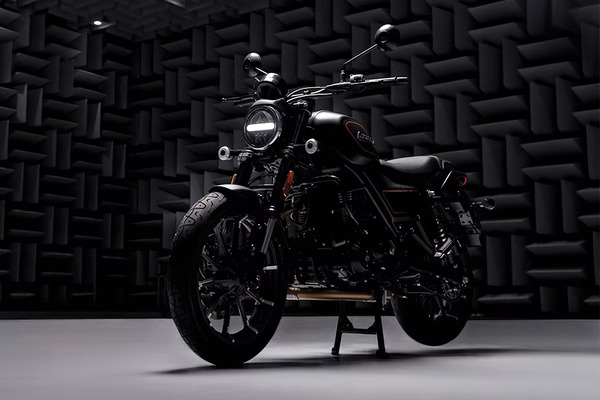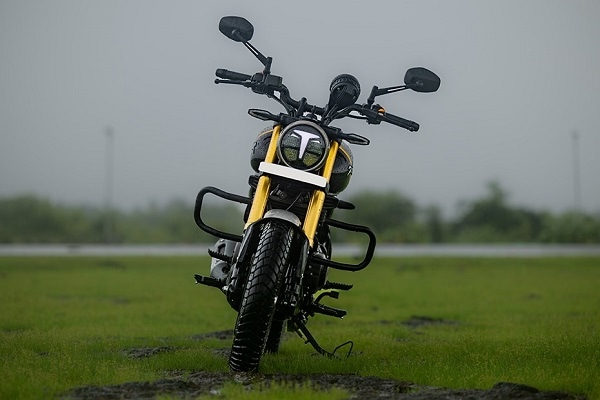Repo rate hike to increase car and two-wheeler EMIs, pause growth, says FADA
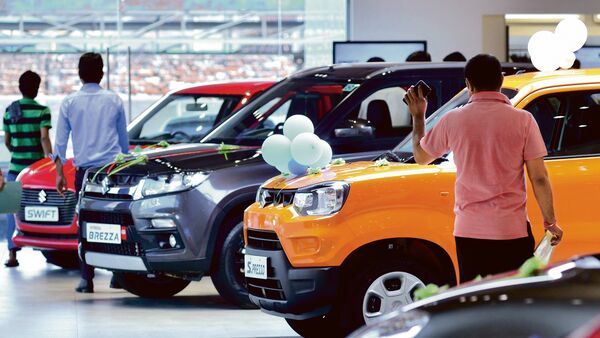

Auto loans are set become more expensive soon. The Reserve Bank of India (RBI) announced on Wednesday that the repo rate has been hiked by 40 basis points which means the banks will offer loans to customers at an increased rate. This will result in a spike in EMIs for those looking for a new car or a two-wheeler. Federation of Automobile Dealers Associations (FADA), which represents over 15,000 automobile dealers having 26,500 dealerships across the country, did not welcome the move saying it may scuttle the growth engine in the auto industry.
Reacting to RBI's decision to hike lending rates, FADA said the increase in repo rate will "apply certain amount of brakes" on the industry's growth, especially the two-wheeler segment which has suffered more amid recent slowdown in the industry.
Also check these Vehicles
"The RBI’s move of increasing repo rate by 40 bps has clearly taken everyone off guard. This move will curb excess liquidity in the system and will make auto loans expensive," Vinkesh Gulati, President of FADA, said in a statement.
Also Read : Auto loans in India may become costlier. Here is why
According to FADA, the two-wheeler segment will not be able sustain the hike in vehicle loan costs. The segment has already seen decline in sales in the rural markets amid price hikes and high fuel costs. However, FADA thinks the passenger vehicle segment may be able to absorb the hike in lending rate due to long waiting periods. "Certainly, this move will apply certain amount of brakes on auto retail and dampen the sentiments further," Gulati added.
In March, two-wheeler sales declined by 4 per cent to 11,57,681 units as compared with 12,06,191 units in the year-ago period, FADA stated. Last month, 10,99,167 units of two-wheelers were sold across India, up by more than 15 percent over 9,53,338 units sold in April last year.
The repo rate is the rate at which RBI lends money to banks. It has gone up to 4.40 per cent from a record low of 4 per cent. This is the first time that the rates have been revised since August 2018. The RBI also hiked the cash reserve ratio (CRR) by 50 basis points to 4.5 per cent, which will now require banks to park more money with the central bank and leave them with less to offer as loans to customers.







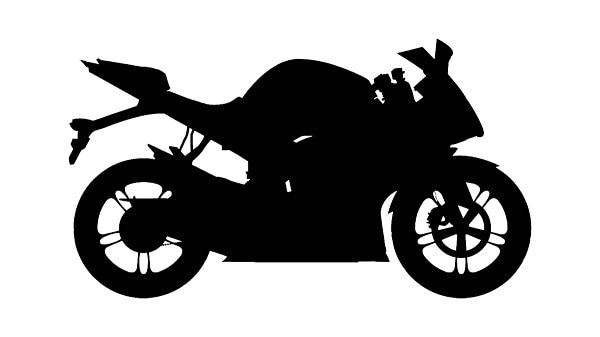
 9.7 kWh
9.7 kWh 200 Km
200 Km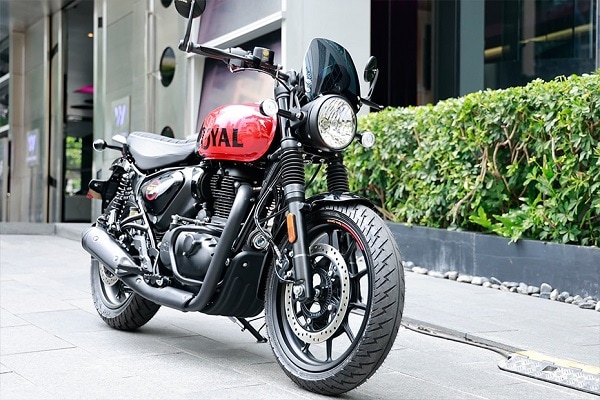
 349.34 cc
349.34 cc 36.2 kmpl
36.2 kmpl
